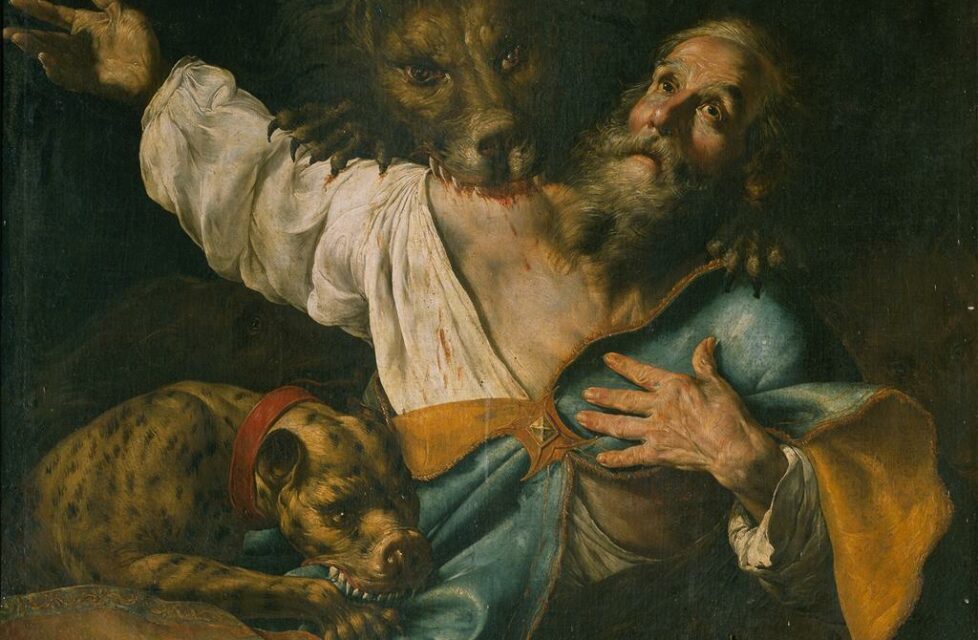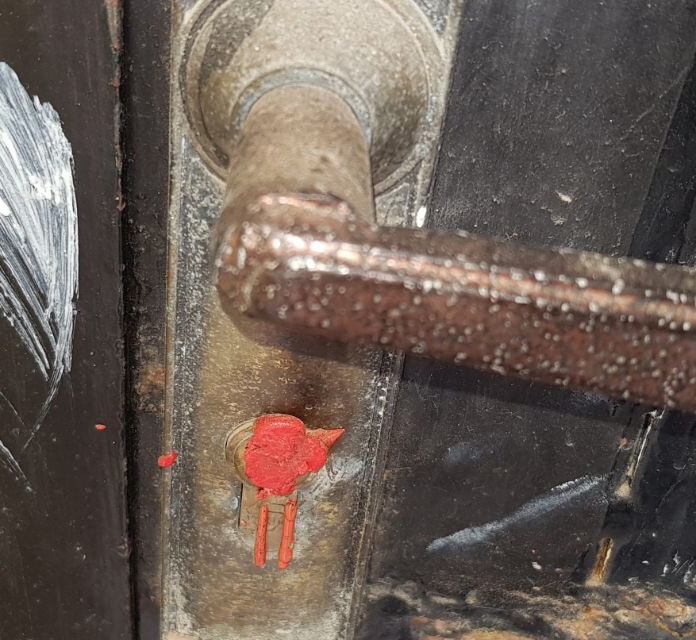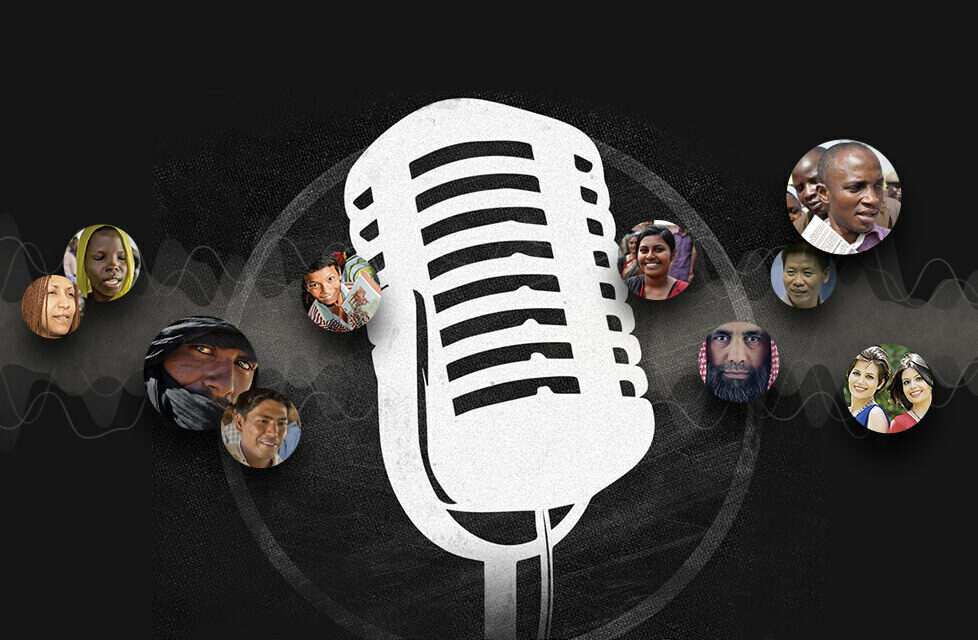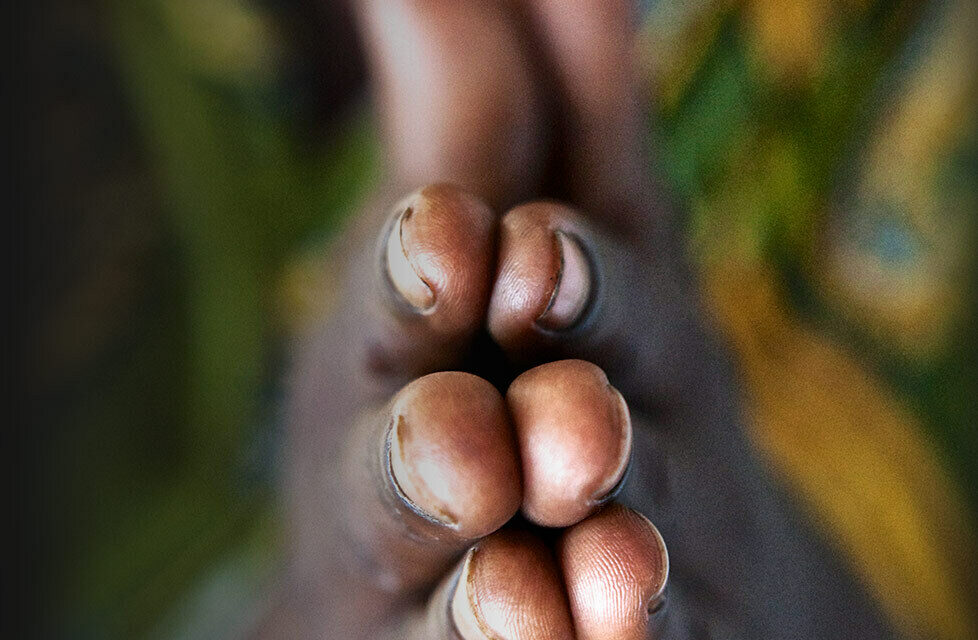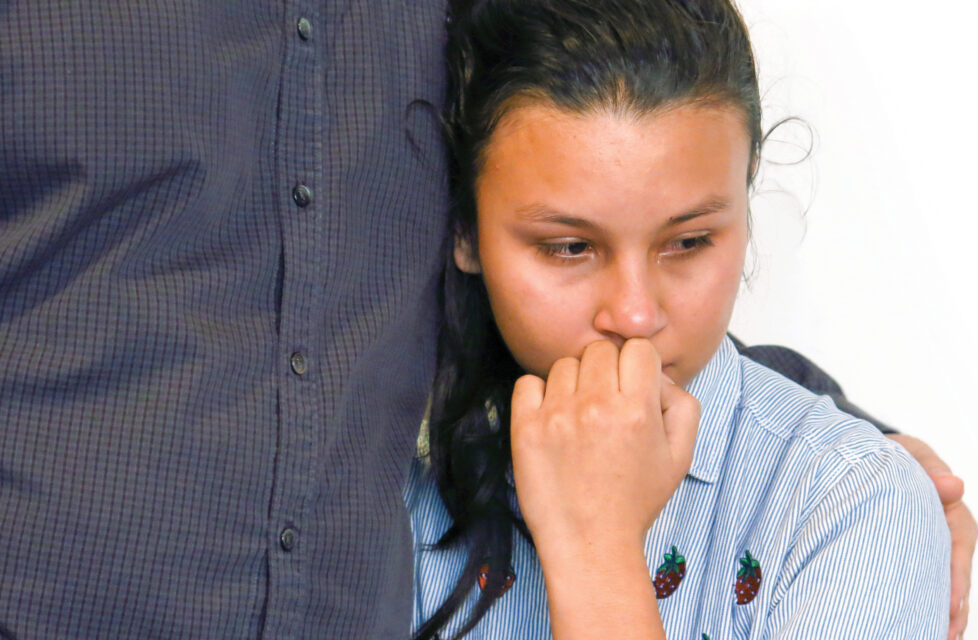Dalo arrived at the hospital with second-degree burns over most of his body. He had been left for dead by Fulani Islamic militants after one of a series of attacks that June that had killed hundreds, including his parents and siblings, while leaving thousands homeless. But eight-year-old Dalo did not despair. Though he had lost everything, the words on Dalo’s lips were not filled with anger or revenge. He was praying for those who had attacked him and his family. Life for Christians like Dalo in central Nigeria had not been considered especially dangerous relative to what believers faced in the north. Muslims in northern Nigeria have long desired to create a separate country governed by Islamic law, and the extremist group Boko Haram has served as the primary weapon in that fight, recently enlisting the help of Fulani Islamic militants. But violence from the northern states has gradually crept southward, and in late June 2018, five hundred armed Fulani Islamic militants attacked the areas of Barkin Ladi and Jos South, killing two hundred and displacing ten thousand — mostly Christians. The attacks ripped apart families and left thousands grieving. Oneyoung girl arrived home from school to find that her
Read MoreChristianity has flourished in Algeria over the last few decades, growing at a rate of 8% annually compared with the global evangelical growth rate of 2.6%. Most of the growth in Algeria has occurred among the Kabyle Berber people, a minority ethnic group in the mountainous eastern part of the country who speak Kabyle rather than Arabic. Today, Algeria is home to the largest congregation of Christian converts from Islam in the world. And the Algerian government has taken notice, closing at least 11 churches in 2018. In 2018, the Ministry of Religion sent a threatening letter to the church in Tizi Ouzo where Dassin serves as worship leader. The church, warned authorities, might be closed down because of inadequate safety equipment such as fire extinguishers. Leaders of the 250-member Kabyle church knew they must take the government’s warning seriously because it had already closed other churches in the region. However, they also knew the complaints were invalid because the Ministry of Religion was citing old information. The church had addressed the safety issues long ago, and authorities had not re-inspected the building. “They just want to harass us again,” Dassin explained. Tension has remained high between the church and
Read MoreAfter serving as a gospel worker in western China for ten years, Dr. Pam Arlund now serves on the International Leadership Team for All Nations International, training and sending the next generation of missionaries. God called her to the unreached in China through examples of great missionaries like Hudson Taylor and Robert Morrison. Pam had never left the U.S. before she moved to China. She trusted the Lord would protect her and guide her in building relationships with local people. Like many missionaries, she went through different emotions and difficulties. Yet, her obedience in difficult seasons allowed her to develop a deeper relationship with Jesus. Listen as Pam shares some of her experience on the field, and how that influenced the way she trains gospel workers today. She will also introduce her new book, Stick Figures Save the World, which explains how simple drawings can help anyone be a witness for Christ. Pam will also talk about the responsibility of sending missionaries to hard and dangerous places—places where Christian persecution is intense. Finally, Pam shares how we can pray for missionaries we know and encourage them as they persevere in the Lord’s call on their life. Never miss an episode of VOM Radio! Subscribe to the Podcast.
Read MoreLea and her husband, Solomon, lived with Solomon’s father, who was a priest in the traditional religion of their village. When Solomon’s father discovered that Solomon and Lea were going to a Christian church, he killed Solomon and threatened Lea, kicking her and her three children out of his home.
Read MoreGabriel and Noni were the only Christians in their Muslim village. One day, a Muslim woman died unexpectedly, and her two sons consulted a witchdoctor to figure out why she died. He told them that the Christians were responsible for her death as they had a magic object that gave them power.
Read MoreFront-line workers held a Sunday School gathering where they shared the gospel and distributed illustrated children’s Bibles.
Read MoreMonica Ogah’s grandmother was dying, and all she wanted was to return to her home in the village of Godogodo, Nigeria. Ogah’s younger brother, Zwandien, urged them not to go; militant Muslim Fulani herdsmen, who had been radicalized by the Islamic terrorist group Boko Haram, had attacked the village just six weeks earlier. But wanting to honor her grandmother’s request, Ogah and her mother decided to take her back to Godogodo. On October 15, 2016, Zwandien’s fears were realized when the militant Islamic Fulani herdsmen returned to Godogodo, shooting villagers and setting homes ablaze. Ogah, her mother, and her terminally ill grandmother hid in a small room inside their home as the sound of gunfire and shouting grew louder. They waited in silence, hoping the attackers would soon pass. Then, during a pause in the gunfire and shouting, Ogah’s grandmother coughed uncontrollably, alerting the attackers to their hiding place. Five men barged into the room and surrounded the women, pointing their weapons and shouting threats. Ogah and her mother begged the men to spare their lives, to allow them to care for Ogah’s aging grandmother in her final days. Finally, the attackers agreed to a compromise: They would kill only
Read MoreLast year the world witnessed thousands of Afghans fleeing their country as the Taliban took control of Afghanistan. This week John Weaver, who lived for years in Afghanistan and speaks daily with people still inside the country, shares what is happening now under the Taliban government—especially with regard to our Christian brothers and sisters. Although many Afghans fled, many have stayed—including Afghan believers in Jesus. Everyone in Afghanistan is dealing with a disrupted economy, with some losing jobs, and others losing family and friends and all dealing with lack of available resources. Amidst Islamist oppression, there are opportunities for Christians to serve and be a witness. The church is underground, a persecuted minority, meeting in small groups yet still quietly finding ways to share the gospel. Afghans are also being reached in the countries to which they have fled—including via social media. Refugees have gone through trauma and stress. Yet, they have been welcomed into other countries—often more welcomed by Christians than fellow Muslims, which gives new opportunities to share the gospel. John will share stories of prayers that have been answered since the Taliban takeover—and give listeners current needs to lift in prayer on behalf of Afghan Christians—our brothers and sisters in faith. Never miss an episode! Subscribe to the podcast.
Read MoreLiliana struggled with faith after her father’s murder by Marxist guerrillas in Colombia, but God provided healing and is leading her to use her testimony to help people in another war-torn country. Liliana didn’t choose to grow up in Colombia’s treacherous frontier region, where Christians sometimes receive death threats just for attending church. And she didn’t choose to watch her family’s faith erode in a torrent of grief after her father’s murder. But she sees now that God used these trials and setbacks to direct His purpose for her life. And for Liliana, with that purpose came redemption and healing. Liliana’s parents, Amelo and Christina, moved to one of Colombia’s most treacherous areas to serve as church planters before Liliana was born. They were sent to pastor a church in the notoriously dangerous region along the Colombia-Venezuela border, where the Colombian military struggled to suppress a guerrilla insurgency by the Armed Revolutionary Forces of Colombia (FARC). The FARC funded its rebel activities in part with cash from Colombia’s lucrative cocaine trade. And in response, drug lords formed right-wing paramilitary groups to counter the FARC’s incursions into their drug-trafficking monopoly, forming a third front in the chaos of Colombian violence. Although
Read MoreJelem is a Fulani who gave her life to Christ in 2020. When her family discovered her newfound faith, they harassed her, beat her and eventually disowned her.
Read More
